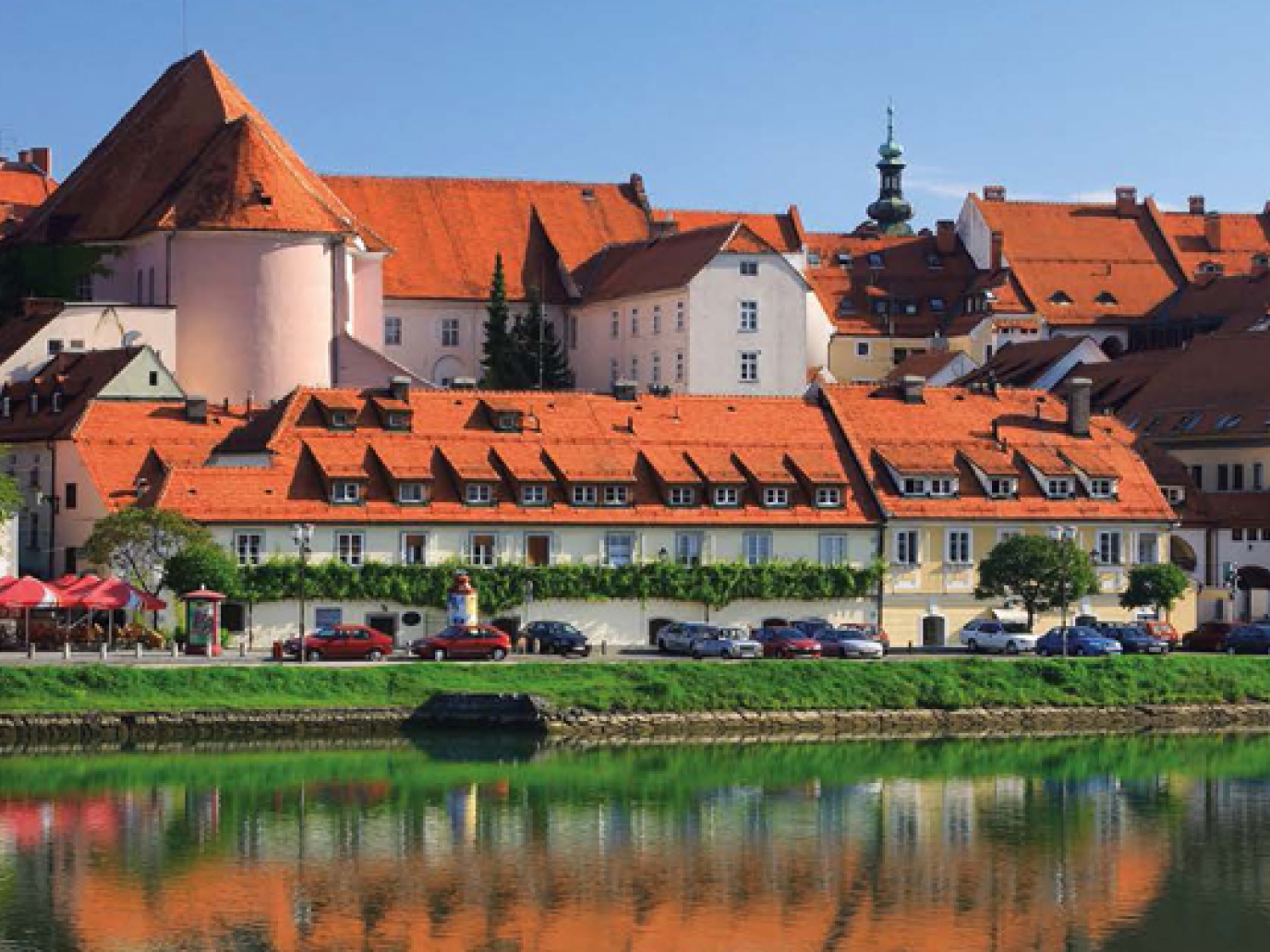Maribor is the second largest city in Slovenia and home to approximately 110,000 inhabitants. Although it is not Slovenia’s capital city, it is the regions circular economy capital.
In June 2018, the Municipality of Maribor became the first city in Slovenia to outline a Strategy for the transition to a circular economy which was then adopted and formally approved by the City Council. Its content is in sync with United Nations’ Sustainable Development Goals, highlighting the central role of cities in achieving sustainable development.
The strategy currently being implemented in Maribor was developed by Wcycle Maribor – Institute for Circular Economy, which was established by Maribor’s five utility companies in 2017. Its aim is to implement and coordinate a new and innovative environmental and business model called Wcycle.
The idea behind the model is the establishment of a system for the management of all material and resource flows available in the Municipality. It is based on the operation of enterprises that are predominantly publicly owned and provide services for their residents. The Strategy’s purpose is to generate cross-sectorial cooperation in handling, processing, re-using and developing of the resources involved in Maribor’s circular economy, across seven selected sectors or pillars of resource management: urban waste; construction and demolition (C&D) waste; energy; mobility; water; spatial planning; and the collaborative economy. Maribor, with the active involvement of the Wcycle Institute, is either preparing or implementing many projects connected with treatment of urban waste, use of processed urban C&D waste, reuse of recycled water, management of surplus heat and renewable energy. The first project completed is a fully automated sorting plant for municipal waste that started operating in June 2018 and will finish its testing period in a year’s time.
Companies in the city, with the aim of creating a regenerative urban environment and provide quality services for citizens, are sharing information and working to achieve the highest possible rate of reuse of waste, surplus heat and wastewater so as to then employ them as new resources. All of which whilst respecting the quality of land used, the development of sustainable urban mobility and the principles of a cooperative economy. In practice, this actually means that output generated in one sector is to be used as a material, product, energy or service in the operation of another sector.
The positive consequences of these practices are the emergence of new business opportunities for the municipality, its residents and the local economy, as well as the creation of high-quality and predominantly green jobs that will generate an economic boost.
Cities are in a unique position to guide the global transition to a circular economy. This is also due to the high concentration of resources, capital, data and talent in a small geographical area. Maribor has recognized the weight of its impact on the environment and has been acknowledged as an important player by the EU, which awarded the city with (until now) four approved circular economy projects, all of which aim to support a successful transition to the circular economy and make Maribor the most circular city in this part of Europe.
Wcycle Insitute, www.wcycle-maribor.si


